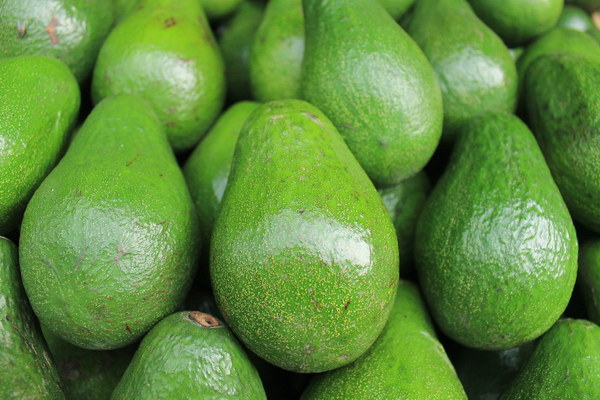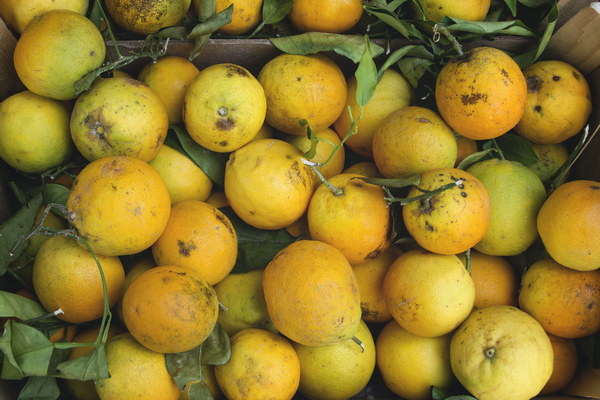Top Chinese Herbs for Lung Health Natures Remedies for Breathing Easy
In the realm of traditional Chinese medicine, the lungs are considered the principal organ of the body, playing a crucial role in the intake of oxygen and the elimination of toxins. To maintain optimal lung health, ancient wisdom has prescribed a variety of herbal remedies that have been used for centuries. Here, we explore the most nourishing Chinese herbs known for their lung-supporting properties.
1. Astragalus (Huang Qi)
Astragalus, or Huang Qi, is one of the most revered herbs in traditional Chinese medicine. It is renowned for its immune-boosting properties and its ability to tonify the lungs. This herb helps to strengthen the body's resistance to illness and can be particularly beneficial for those recovering from respiratory conditions.

2. Goji Berries (Gou Qi Zi)
Goji berries, or Gou Qi Zi, are not only delicious but also a powerhouse for lung health. They are believed to nourish the lungs and boost the immune system. Regular consumption of goji berries can help improve respiratory function and may even reduce the frequency of respiratory infections.
3. Elderberry (Zi Wa Ling)
Elderberry, or Zi Wa Ling, is another herb that has been used traditionally to support lung health. It is believed to have anti-inflammatory and immune-boosting properties that can help alleviate symptoms of respiratory conditions such as colds, flu, and bronchitis.
4. Licorice Root (Gan Cao)
Licorice root, or Gan Cao, is often used in combination with other herbs to harmonize their effects. It is considered a lung-nourishing herb that helps to moisten the lungs and alleviate dryness, which is particularly helpful for those with dry coughs, sore throats, and other respiratory irritations.
5. Peony Root (Mu Dan Pi)
Peony root, or Mu Dan Pi, is known for its ability to cool the blood and relieve inflammation, which makes it beneficial for respiratory conditions. It is often used to treat dry coughs, fever, and other heat-related lung issues.
6. Eleuthero (Siberian Ginseng)
Eleuthero, or Siberian ginseng, is an adaptogen that helps the body cope with stress and fatigue. It is believed to strengthen the immune system and improve lung function, making it a valuable herb for those who are frequently exposed to pollutants or who have weakened lungs.
7. White Peony Root (Bai Shao)
White peony root, or Bai Shao, is another herb with cooling properties that can be used to nourish the lungs. It is often used in combination with other herbs to address coughs, asthma, and other respiratory problems.
How to Incorporate These Herbs into Your Routine
While these herbs are known for their lung-supporting properties, it's important to note that they should be used under the guidance of a qualified healthcare provider, especially if you have pre-existing health conditions or are taking other medications. Here are some ways to incorporate these herbs into your routine:
- Teas: Brew a tea using dried or fresh herbs. For example, steep goji berries or astragalus in hot water for several minutes.
- Powders and Capsules: Many of these herbs are available in powdered or capsule form, which can be easier to incorporate into your daily regimen.
- Tinctures: Tinctures are another option, providing a concentrated form of the herb for quick absorption.
- Cooking: Some herbs, like licorice root, can be used in cooking to add flavor and potential health benefits to your meals.
Remember, while herbal remedies can complement conventional medical treatments, they should not replace them. Always consult with a healthcare professional before starting any new treatment or supplement.









